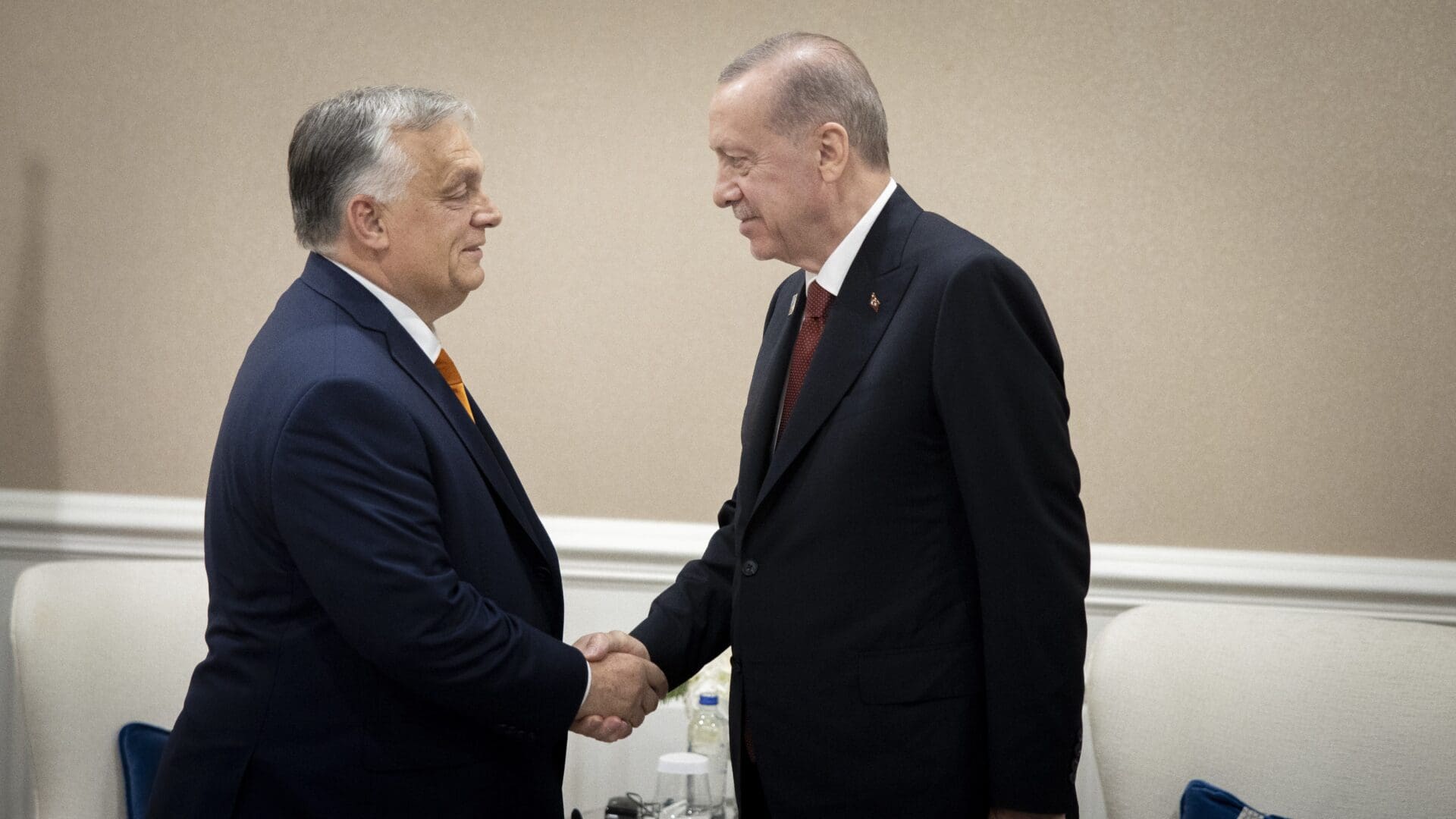62 per cent of Hungarian adults are satisfied with Viktor Orbán’s peace mission involving Ukraine, Russia, and China. The Hungarian Social Research Institute (Magyar Társadalomkutató) survey also reveals that even a third of opposition voters support Viktor Orbán’s peace efforts.
Shortly after assuming the presidency of the European Union, Viktor Orbán visited Ukrainian President Volodymyr Zelenskyy, followed by Russian President Vladimir Putin and Chinese President Xi Jinping, to facilitate the end of the Russo–Ukrainian war. Since no politician has taken such an active role in promoting the cessation of the war since its outbreak, the Hungarian Social Research Institute examined the domestic perception of this peace mission.
More than three-fifths (62 per cent) of the adult Hungarian population, represented by the respondents, is satisfied with Viktor Orbán’s efforts for a ceasefire and peace,
with two-thirds of the satisfied (41 per cent of the total sample) being completely satisfied. Just over a quarter of Hungarians (28 per cent) are dissatisfied with the peace mission. Given that the proportion of those satisfied is more than double that of those dissatisfied, the domestic perception of the first week of the peace mission can be considered particularly favourable.
The survey also found that the peace mission has garnered supporters even on the opposition side, with 29 per cent of Tisza Party voters, a third (33 per cent) of the DK–MSZP–Párbeszéd alliance voters in the European parliamentary elections, and a third (34 per cent) of voters from smaller parties currently not expected to enter parliament, expressing satisfaction with Viktor Orbán’s travels between 2 and 8 July.
The poll was conducted through telephone interviews (CATI) on a sample of 1000 respondents between 8 and 10 July 2024. The sample is representative of the population aged 18 and over by gender, age, region, type of settlement, and educational attainment.
Related articles:








